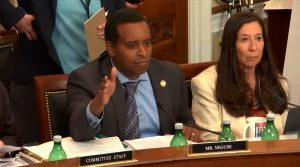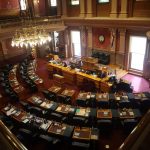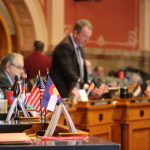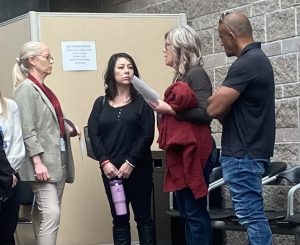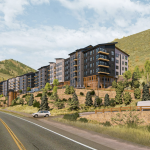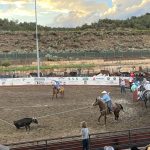Here are 10 bills passed in Colorado this legislative session that Western Slope residents should know about
Measures include gun control, chain-assistance on I-70, homeowners’ insurance reform and protection for ranchers seeking payouts for wolf attacks
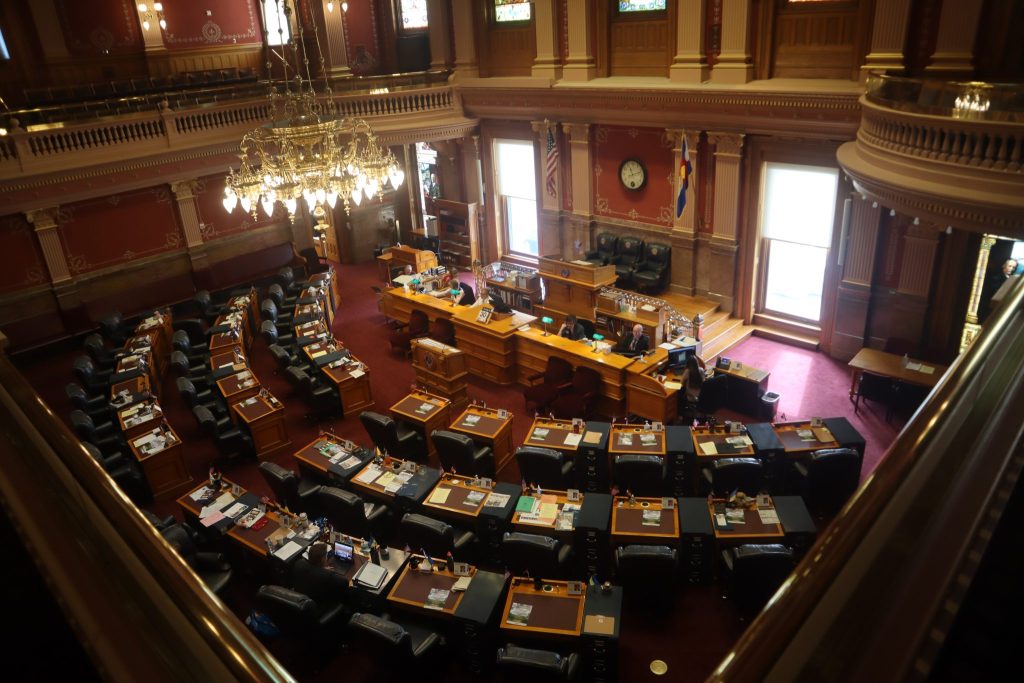
Robert Tann/Summit Daily News
Tire chain assistance on Interstate 70. Identity protections for wolf depredation claims. Support for rural pharmacies.
The 2025 legislative session that ended on Wednesday, May 7, saw hundreds of bills adopted, including a slew that could have an outsized impact on rural Colorado communities. Here are 10 pieces of legislation that Western Slope residents should know about:
Senate Bill 3: Among the most controversial legislative proposals this session, SB 3 requires new state training and background checks before purchasing semi-automatic guns that accept detachable magazines. That includes AK- and AR-style rifles and pistols.
Beginning in August 2026, Coloradans will need to pass a background check and undergo up to 12 hours of safety training offered through a local sheriff’s office and administered by a qualified firearms instructor.
The course is meant to cover topics like safe gun use, federal and state firearm laws and de-escalation and crisis intervention tactics. Applicants would need to score 90% or higher on a test at the end of the course to be approved for a semiautomatic gun purchase.

Support Local Journalism
Most commonly used hunting guns, however, were exempt from the requirements.
Senate Bill 6: With Colorado facing a continued shortage of affordable homes, lawmakers are planning to unlock up to $50 million to help developers create more income-based, for-sale housing.
SB 6 would direct the state treasurer’s office to invest the money as state-issued, low-interest bonds to affordable housing developers. Bill sponsors believe the measure could help create around 200 homeownership opportunities for people making at or below 140% of the area median income.
Senate Bill 33: More than two years after Colorado voters approved a ballot measure allowing grocery stores to sell wine, independent businesses say they’re still reeling from the consequences, particularly in rural resort communities.
SB 33 seeks to throw businesses a lifeline by halting the expansion of hard alcohol sales in grocery stores and big box chains by preventing those stores from gaining new licenses to sell spirits.
Currently, around two dozen grocery stores in Colorado hold a liquor license, including the Western Slope’s only Costco, located in Gypsum, which began selling hard alcohol in 2018. Stores with existing licenses will still be able to continue selling under the bill.
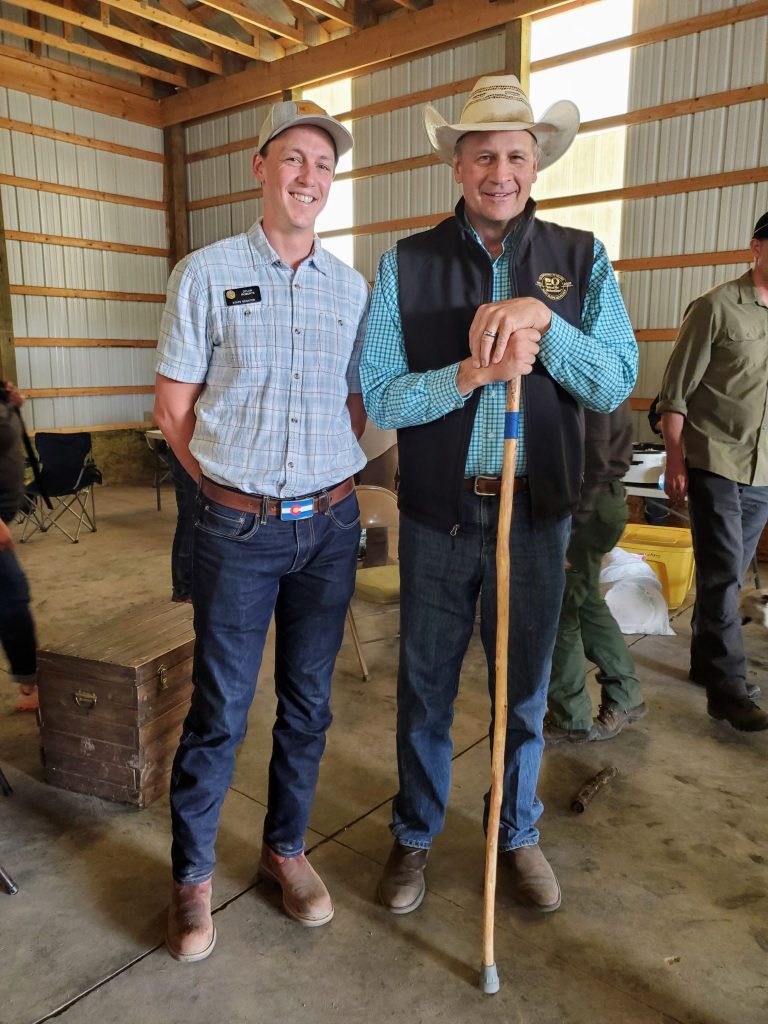
Senate Bill 38: As Colorado’s reintroduction of gray wolves continues, Western Slope lawmakers are continuing to push for more support for ranchers.
SB 38 would block ranchers’ names, addresses and business information from being released to the public when they file for compensation from the state over wolf attacks. Lawmakers say the measure is intended to ensure ranchers receive the payouts they’re entitled to without fear of harassment.
The state’s reintroduction plan remains highly controversial and has sparked tensions at times between Colorado Parks and Wildlife, the agricultural community and wildlife advocates.
Senate Bill 69: The Interstate 70 mountain corridor has been paralyzed by repeated closures as a result of truckers and other drivers losing traction in winter conditions. SB 69 establishes a permit system to allow private businesses to sell and install tire chains along the interstate and other mountain roads.
Western Slope lawmakers who championed the measure hope it will help prevent pervasive crashes that bottleneck traffic and block routes for first responders.
The bill also tightens tire tread rules for four-wheel drive vehicles, mandating that motorists have tires with a mountain-snowflake symbol or that are all-weather rated. Additionally, it requires rental car companies to notify drivers about the state’s traction and chain laws and the penalties for violating those.
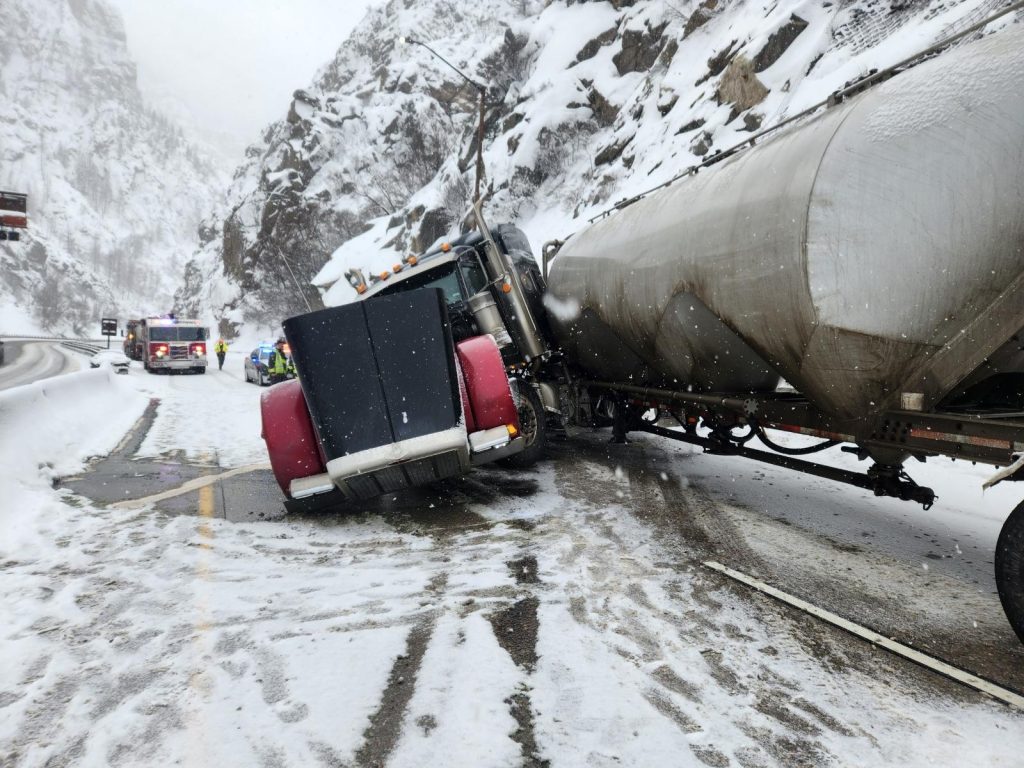
House Bill 1040: Colorado may be opening the door to new nuclear power facilities with a bill that classifies nuclear as a “clean” energy source.
HB 1040 doesn’t allocate funding or plans for any nuclear sites. But by adding nuclear as a clean power option, it could become a part of the state’s overall goal of phasing out carbon-emitting electricity plants by 2050.
Lawmakers said the measure could help coal-dependent communities, including those in northwest Colorado, transition their economies.
House Bill 1182: Colorado has seen a dramatic increase in homeowners insurance costs in recent years as weather events, intensified by climate change, drive up homeowners’ risk. HB 1182 seeks to help homeowners lower their wildfire risk and, in turn, their insurance premiums.
Under the bill, insurance carriers will be required to consider mitigation efforts when assessing a homeowner’s wildfire risk. Companies would also need to share information on their risk models with the state’s insurance division, explain to homeowners how their risk is calculated and what they can do to lower it, and allow homeowners to appeal their risk score.
Insurance companies could also lower a homeowner’s premium directly instead of adjusting their models to account for new mitigation work.
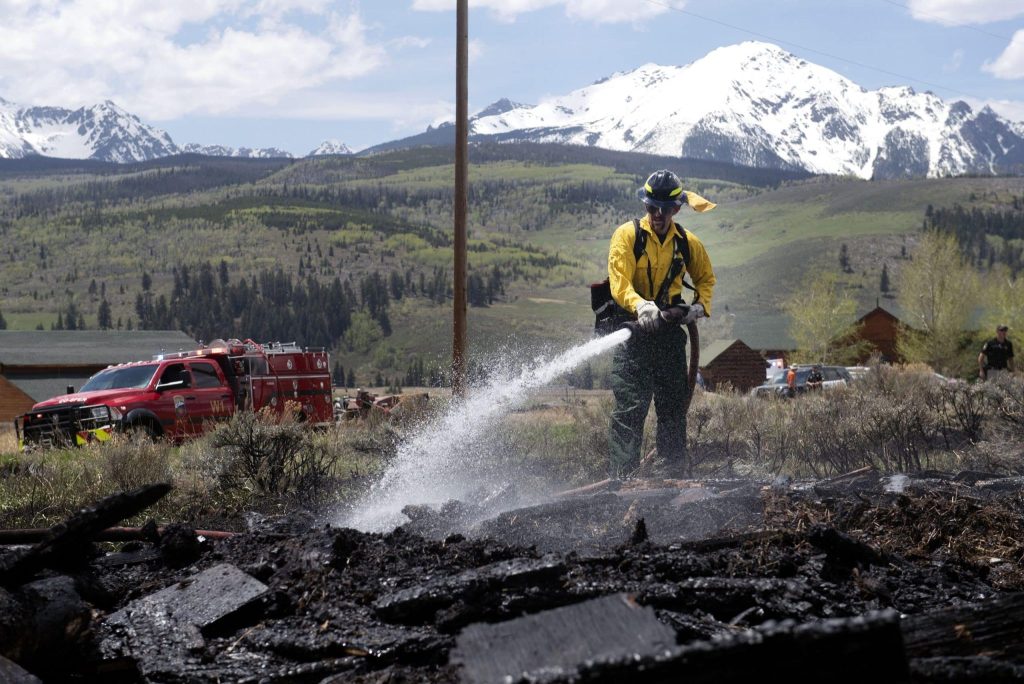
House Bill 1222: Rural Colorado pharmacies say they’re part of a national trend of independent drug stores that have struggled to keep their doors open. The reason, store owners say, is due to their reliance on pharmacy benefit managers, the middlemen between drug manufacturers and pharmacies.
These companies, meant to negotiate lower drug rates with suppliers, have grown to control about 80% of the prescription drug market in the United States at a time when independent pharmacies are shuttering. Meanwhile, roughly one in three pharmacies have closed nationally since 2010, reports show.
HB 1222 requires benefit managers to reimburse rural independent pharmacies at rates equal to or greater than a prescription drug’s national average cost. That reimbursement would be in addition to the dispensing fee for filling a prescription.
House Bill 1247: Counties cannot currently ask voters to approve more than a 2% lodging tax in unincorporated areas, while towns and cities can ask for as much as 6%. HB 1247 gives counties the ability to increase lodging taxes up to 6% with voter approval, opening the door to a potential tripling of lodging taxes in areas outside of town and city boundaries.
The taxes, however, couldn’t be stacked on top of a municipality’s existing lodging tax.
Local governments are already allowed to use the revenue to fund both tourism-related projects as well as workforce housing and child care initiatives. HB 1247 further expands how those dollars can be used to include infrastructure and public safety.
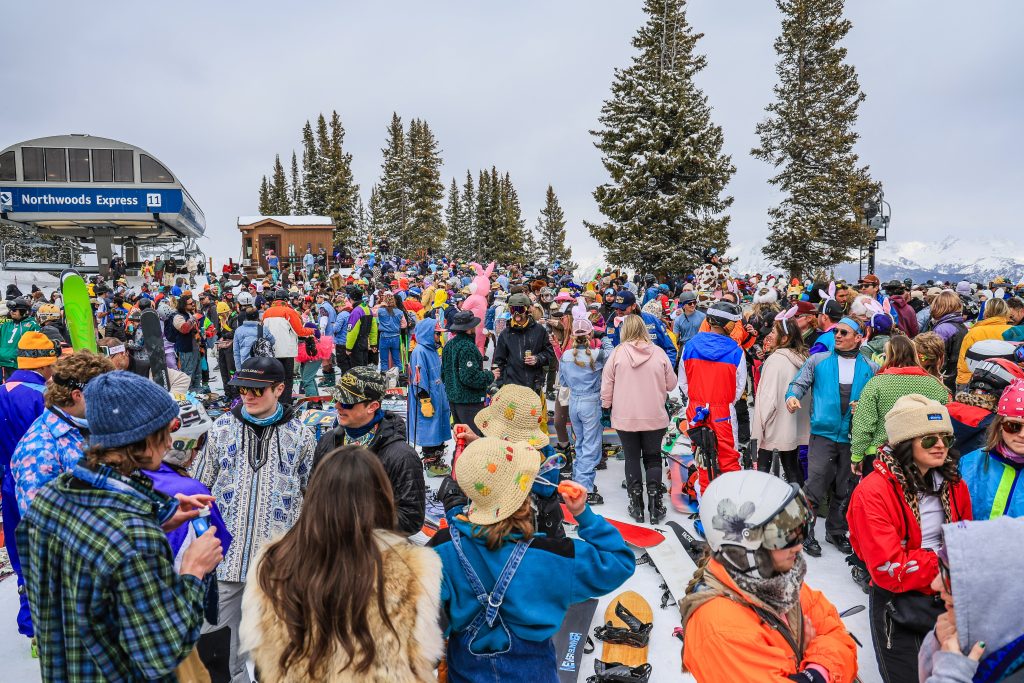
House Bill 1272: Lawmakers have tried for years to pass what they’ve called construction defect reforms. HB 1272 is the culmination of those efforts and was among the chief priorities of Gov. Jared Polis’ housing agenda.
The bill seeks to reduce the number of lawsuits filed against condo developers, an issue that lawmakers say has stifled condominium development and, in turn, limited the amount of starter homes available to first-time buyers.
HB 1272 creates a program for home builders to opt into that grants them more immunity from defect litigation, so long as they follow several requirements. That includes having a third-party inspection on the home throughout the construction process and providing warranties for homeowners for different aspects of the home, ranging from one year for workmanship to six years for major structural components.
Homeowners can still pursue lawsuits under different scenarios, such as when a home is unsafe, but they would be required to first work with the builder to try and fix the issue and show that they took steps themselves to mitigate problems from becoming worse.

